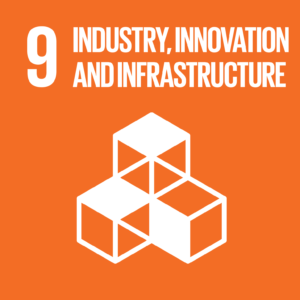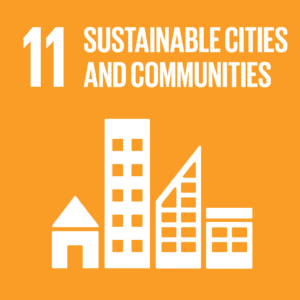Addressing air pollution with artificial intelligence

Climate resilience for Nakuru in Kenya through an AI-based monitoring system
By 2050, approximately 46% of the Kenyan population will reside in urban areas, with secondary cities experiencing rapid growth. Nakuru, a fast-growing city in East Africa, struggles with air pollution due to climate change. The Kenya Meteorological Society and Egerton University have recorded black carbon and PM2.5 levels in Nakuru, frequently exceeding WHO guidelines. Fluctuations in pollution correlate with seasonal shifts in weather, exacerbated by climate change.
In response, local authorities in Nakuru have formulated both a Climate Change Act and a Sustainable Energy and Climate Action Plan (SEACAP). However, these efforts have not yielded significant results and do not take into consideration the impacts of short-lived climate pollutants (SLCPs) that directly contribute to health issues.
A significant obstacle in Nakuru is the fragmentation of climate data, hindering decision-making. Coordinated data collection among government agencies, NGOs, and private organizations is essential to finding solutions to the increasing air pollution caused by climate change.
Providing local meteorological services with AI-driven forecasting models
Enhancing Nakuru's resilience to climate change involves promoting advanced, centralized forecasts and analysis of the complex relationship between climate change and air pollution. This will entail enhancing the capabilities of Nakuru's meteorological department.
They will be trained in generating, coordinating, and interpreting AI-supported visualizations of climate data, resulting in a comprehensive understanding of air pollution patterns and levels, meteorological trends, and their socio-economic impact. This understanding will play a crucial role in formulating effective, data-driven adaptation strategies to address the consequences of climate change and air pollution.
A collaborative AI-driven platform and an early warning system for air pollution are being developed for Nakuru. This platform, designed to process various types of data including air quality and meteorological parameters, will enable accurate predictions of air quality and provide insights into pollution trends in the city, ultimately leading to a more climate-resilient environment.
Centralizing climate data in the AI-driven platform promotes collaboration among various stakeholders, including government agencies, NGOs, and private companies.
Provincial and national governments will be empowered to fulfill their Nationally Determined Contributions (NDCs) and international commitments related to reducing greenhouse gases and secondary pollutants.
Would you like to know more about this project?







